Power, Resistance and Women Politicians in Cambodia: Discourses of Emancipation
by NIASBy Mona Lilja
2008, 214 pp, 15x23 cm.
- Unique insight into the political struggles of Cambodian women.
- Extends the concept of resistance and creates a framework of analysis that will inspire researchers in other fields.
In a world where there are few women politicians, Cambodia is still noticeable as a country where strong cultural and societal forces act to subjugate women and limit their political opportunities. However, in their everyday life, Cambodian women do try to improve their situation and increase their political power, not least via manifold strategies of resistance.
This book focuses on Cambodian female politicians and the strategies they deploy in their attempts to destabilize the cultural boundaries and hierarchies that restrain them. In particular, the book focuses on how women use discourses and identities as means of resistance, a concept only recently of wide interest among scholars studying power. The value of this book is thus twofold: not only does it give a unique insight into the political struggles of Cambodian women but also offers new insights to studies of power.
About the Author
Mona Lilja has a Ph. D. in Peace and Development Research and work as lecturer and researcher at the Department of Global Studies, University of Gothenburg, Sweden. Dr Lilja has previously written about Cambodian women and their different strategies fighting an uneven distribution of power between men and women within the political sector. Currently, she is engaged in a research project on the ‘hybrid democratization’ in Cambodia. Dr Lilja’s publications on contemporary Cambodian politics dealing with issues of power, democracy, and gender have appeared in, for example, Asian Perspectives or the UN’s New Voices, New Perspectives and in a number of edited books. She is also the author of the monograph Power, Resistance and Women Politicians in Cambodia: Discourses of Emancipation (NIAS Press).
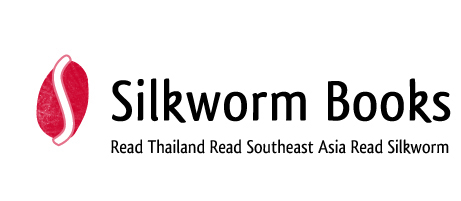
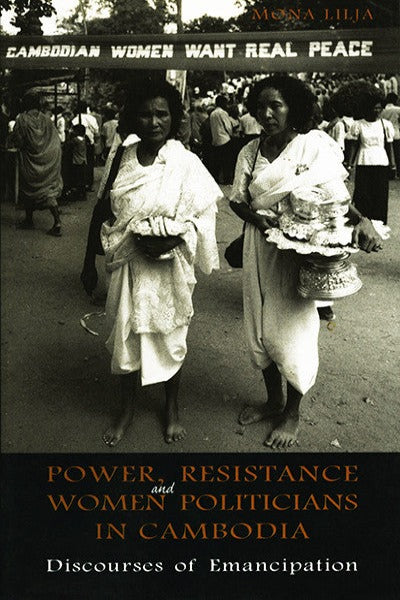
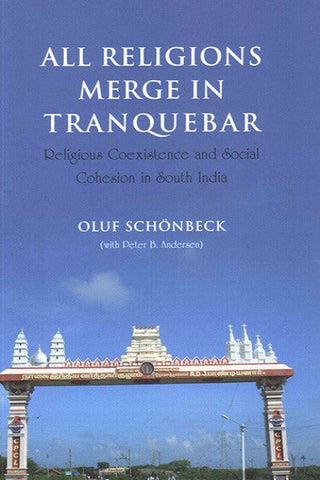
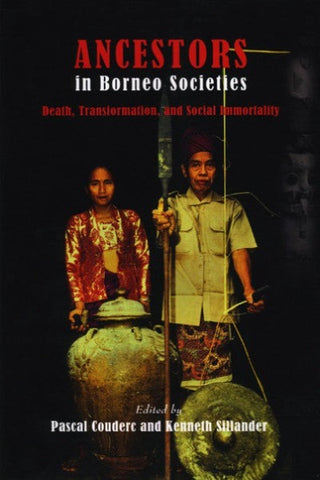
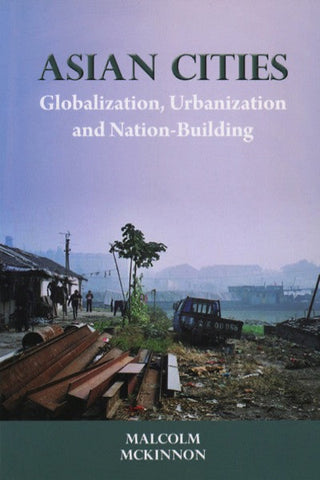
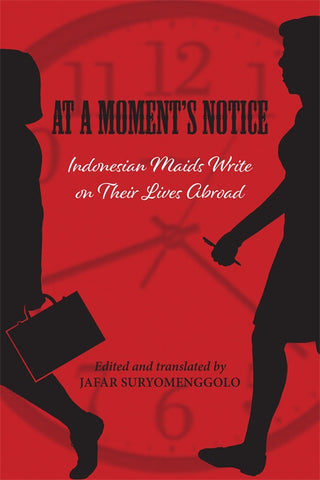
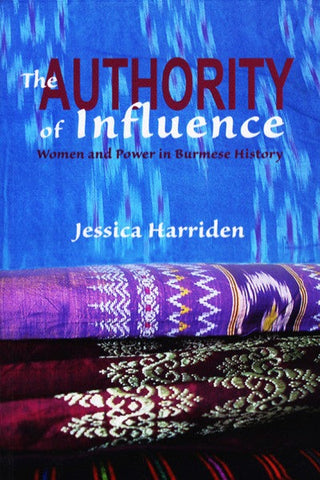
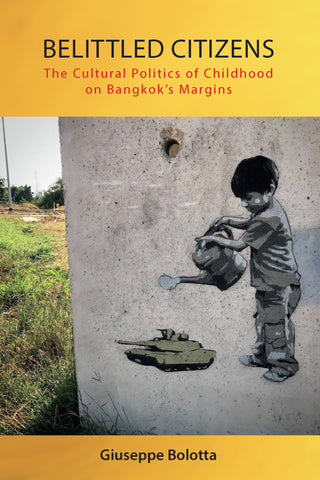
Share this item: